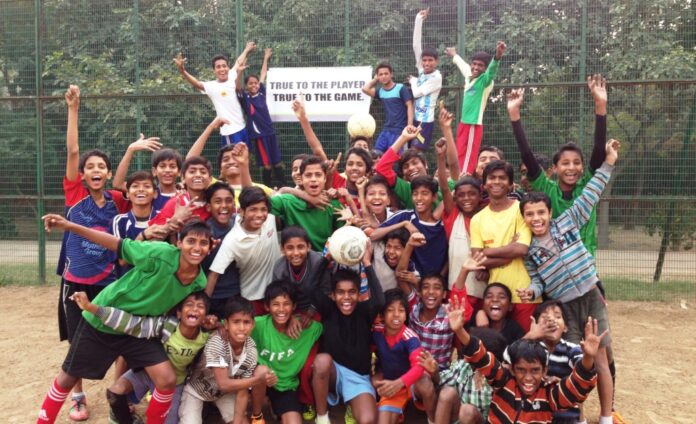India’s newly unveiled National Sports Policy 2025 presents a progressive tone by highlighting the importance of inclusion, access, and opportunity in the country’s sporting landscape. It references the need to support underrepresented communities such as women, persons with disabilities, economically weaker groups, tribal populations, and the LGBTQ+ community. However, critics argue that while the language of inclusion is present, the policy lacks enforceable mechanisms to ensure equity, especially for women, transgender individuals, and disabled athletes.
Despite acknowledging the need for more women in sports—as players, coaches, and administrators—the policy does not introduce mandatory quotas or requirements for equal representation in sports federations. It stops short of mandating gender balance at decision-making levels or attaching financial incentives to gender equity compliance. Without such structures, the participation of women at leadership levels in sports remains uncertain.
The policy’s treatment of para-sports appears more encouraging at first glance, with proposals for improved infrastructure and talent development pathways. However, there is no binding requirement to ensure universal accessibility across stadiums and training facilities. Nor does the policy require that coaches receive training specific to working with athletes with disabilities. Disability rights advocates argue this undermines India’s obligations under international agreements and fails to provide inclusive support.
Even more concerning is the near-complete absence of provisions for transgender and non-binary athletes. Although the policy vaguely refers to “underrepresented groups,” there is no framework for self-identification, participation guidelines, or protection against discrimination for gender-diverse individuals. This leaves transgender athletes without a clear path to participate in sports at any level, and without institutional support or policy safeguards.
Experts note that global best practices in sports governance now include measurable benchmarks, gender equity mandates, and mandatory reporting on inclusion outcomes. Countries like Australia and Canada have implemented systems that tie public funding to diversity compliance. India’s National Sports Policy, while ambitious in tone, lacks these key accountability mechanisms.
Athletes and advocates from the ground have voiced concern that the policy’s goals will remain aspirational without concrete steps to support its vision. Transgender athletes have urged for evidence-based inclusion frameworks, and disability rights groups continue to demand equal access to infrastructure, coaching, and funding.
The absence of structural reforms, measurable targets, and institutional oversight raises doubts about the policy’s capacity to drive real change. While the policy presents an inclusive narrative, it stops short of delivering a binding, enforceable strategy to empower women, transgender individuals, and disabled persons in India’s sporting ecosystem.



